ChatGPT vs Claude: Unveiling the Ultimate AI Comparison for 2025
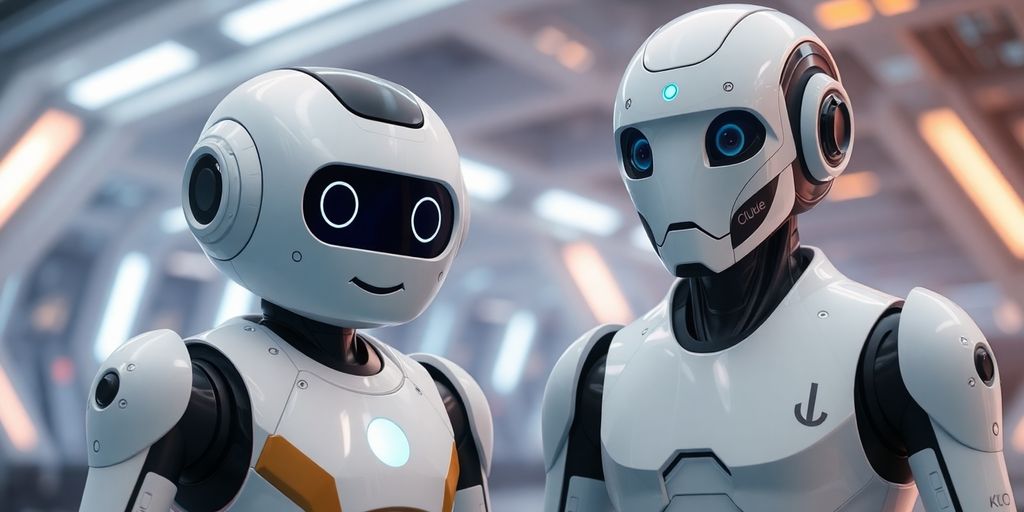
In 2025, the AI landscape is buzzing with comparisons between two heavyweights: ChatGPT from OpenAI and Claude by Anthropic. Both are vying for the top spot in the AI world, each bringing unique strengths to the table. ChatGPT is known for its language skills, while Claude focuses on safety and ethics. As we dive into their features, user experiences, and future prospects, it’s clear that choosing between them depends on what you need most from an AI assistant.
Key Takeaways
- ChatGPT excels in language tasks and offers multimodal capabilities, making it versatile for various applications.
- Claude stands out with its focus on safety, ethical outputs, and handling large context windows, suitable for detailed analysis.
- User interfaces differ: ChatGPT provides a straightforward experience, while Claude introduces unique features like live code previews.
- Both AI models have their strengths in real-world applications, from creative writing to technical problem-solving.
- Future updates promise exciting enhancements, with each AI striving to address user needs and industry demands.
Understanding the Core Differences Between ChatGPT and Claude
Architectural Distinctions and Design Priorities
Claude and ChatGPT, while both advanced AI models, have distinct architectural foundations. Claude, developed by Anthropic, emphasizes safety and ethical considerations, ensuring that its outputs are less likely to be harmful or biased. It achieves this through a proprietary AI architecture that focuses on transparency and accountability. On the other hand, ChatGPT is built on OpenAI’s GPT architecture, which is renowned for its language understanding and generation capabilities. However, due to its training process, it might occasionally reproduce biases present in the data.
Context Handling and Token Limitations
A significant difference between Claude and ChatGPT lies in their context handling capabilities. Claude boasts a massive context window of 200,000 tokens, enabling it to maintain coherence over extended interactions and handle complex, context-heavy tasks with ease. In contrast, ChatGPT supports a context window of up to 32,000 tokens, which, while substantial, can sometimes lead to inconsistencies in longer conversations.
Language Understanding and Generation
When it comes to language understanding and generation, both AI models exhibit unique strengths. ChatGPT excels in structured content creation, often producing outputs that adhere to a systematic, formulaic style. This makes it highly effective for tasks requiring clear and consistent language generation. Conversely, Claude is noted for its richer variety in sentence structures, offering more engaging and stylistically complex outputs. This difference in language processing impacts user satisfaction and task suitability, depending on the specific requirements of the interaction.
In essence, choosing between Claude and ChatGPT involves recognizing their distinct abilities and matching them to the specific needs of the task at hand. While Claude shines in maintaining long-term context and handling extensive documents, ChatGPT’s versatility in multimodal tasks makes it a strong contender for a broader range of applications.
Performance and Capabilities: ChatGPT vs Claude

Benchmarking and Efficiency Metrics
When it comes to measuring performance, benchmarking is the go-to method for assessing AI models. Claude and ChatGPT have both been put through a series of standardized tests to evaluate their strengths and weaknesses. In the Generative Pre-trained Transformer Question Answering (GPQA) benchmark, Claude achieved an impressive score of 95.0%, surpassing GPT-4’s 92.0%. This shows Claude’s edge in question-answering tasks. However, GPT-4 Turbo shines in the Grade School Math 8K (GSM8K) benchmark, proving superior in mathematical reasoning.
| Benchmark | Claude 3 Opus | GPT-4 Turbo |
|---|---|---|
| GPQA | 95.0% | 92.0% |
| GSM8K | 89.0% | 92.5% |
Efficiency is about speed and resource use. Both models are designed for quick responses, but performance can vary based on the task complexity and model variant.
Real-World Applications and Use Cases
Both Claude and ChatGPT offer a range of capabilities for various applications. Claude excels in creative writing and document analysis, where maintaining long-term context is crucial. Its large context window of 200,000 tokens allows it to handle extensive documents with ease. Meanwhile, ChatGPT is more versatile, supporting multimodal tasks like content creation, coding, and research. Its ability to process text, images, and audio makes it a strong contender in diverse fields.
- Claude:
- Creative writing
- Document analysis
- Long-term context retention
- ChatGPT:
- Content creation
- Coding
- Research
- Multimodal processing
Strengths in Multimodal Processing
ChatGPT is particularly strong in multimodal processing, which involves handling different types of media simultaneously. This capability makes it suitable for applications that require a mix of text, images, and audio. For instance, ChatGPT can generate images via DALL·E and access the internet for real-time information, making it a versatile tool for a variety of tasks.
"Choosing between Claude and ChatGPT isn’t about which is better overall; it’s about which is better for your specific needs. Each has its own strengths that can be matched to different tasks and projects." Read more about their strengths and limitations.
In summary, while Claude shines in tasks requiring deep context and detailed document handling, ChatGPT’s versatility in multimodal tasks makes it a robust choice for a wider range of applications. Understanding these differences can help users select the right AI for their specific needs.
User Experience and Interface Design in ChatGPT and Claude
Interface Innovations and Usability
When it comes to design, ChatGPT and Claude each have their own flair. Claude shines with its artistic and customizable interface, perfect for users who love a visually appealing setup. It offers various response styles and even a ‘Create your style’ option, allowing users to tailor their interactions to personal tastes. This makes using Claude feel more dynamic and engaging.
ChatGPT, on the flip side, sticks to a more traditional and functional design. It emphasizes efficiency, with a clear chat history view that makes it easy to track past conversations. This straightforward approach is great for users who value practicality over aesthetics.
For those focused on image processing, Claude takes the lead. It handles larger image uploads—up to 30MB—making it ideal for users dealing with lots of visual data. Meanwhile, ChatGPT excels in text-based tasks, providing detailed responses that are perfect for deep dives into complex topics.
Customization and Integration Options
Customization is where Claude really stands out. Users can tweak the interface to match their preferences, which is a big plus for those who want a personalized experience. Claude’s flexibility extends to its response styles, letting users choose how the AI communicates.
ChatGPT, while less flashy, offers solid integration options. It’s known for its ability to process diverse inputs—text, images, audio, and even video. This versatility makes it a good fit for users who need a comprehensive tool that can handle multiple formats.
User Feedback and Satisfaction
User feedback often highlights the subjective nature of choosing between Claude and ChatGPT. Some users rave about Claude’s artistic interface and customization features, while others appreciate ChatGPT’s straightforward design and robust functionality.
Claude’s users love its visual appeal but sometimes find its usage limitations frustrating. On the other hand, ChatGPT is praised for its efficiency, especially in processing and generating detailed text content. Its support for voice input and web searching is also a hit among users looking for a versatile AI companion.
In the end, the choice between Claude and ChatGPT often boils down to personal preference. Whether you prioritize a visually engaging interface or a more utilitarian approach, both AI tools offer unique benefits that cater to different user needs.
Privacy, Security, and Ethical Considerations
Data Handling and Privacy Policies
When it comes to data handling, Claude and ChatGPT have their own unique approaches. Claude takes a firm stance on privacy by implementing an opt-in policy for data usage. This means that unless users explicitly agree, their data won’t be used for training purposes. This is a big plus for those who are cautious about privacy. ChatGPT, on the other hand, offers users the option to opt out of data usage for training. It’s a little different because it gives users more control, but the details can be a bit murky, especially with the custom GPTs, where data usage might not be as clear-cut.
| Feature | Claude | ChatGPT |
|---|---|---|
| Default Training Usage | Opt-in only | Opt-out available |
| Data Retention Period | Limited | Up to 18 months |
| Training Exceptions | Safety reviews only | Multiple scenarios |
Ethical AI Development Practices
The ethical development of AI is a hot topic, and both Claude and ChatGPT are under the microscope. Claude aligns its practices with principles from the Universal Declaration of Human Rights, which is quite commendable. They aim to minimize privacy impact by not accessing password-protected pages or bypassing CAPTCHA controls during training. ChatGPT also has a comprehensive approach to data collection and sharing practices, but there are some gaps, particularly in their European privacy policy, where sections on "Disclosure of Personal Data" and "Your Rights" are somewhat lacking.
Regulatory Compliance and Challenges
Regulatory compliance is no small feat in the AI world. With the introduction of the EU’s AI Act in 2024, there’s a push for transparency and accountability. This regulation could set the standard for other regions, aiming to create a benchmark for ethical AI development. However, the rapid pace of AI advancements makes it challenging to establish universal standards. Plus, the diverse applications of AI mean that regulations need to be flexible enough to adapt to different sectors. This is where AI agents come into play, as they continue to evolve and integrate into various industries, raising new privacy and accountability concerns.
Future Prospects and Innovations in ChatGPT and Claude
Upcoming Features and Enhancements
Looking ahead, both ChatGPT and Claude are poised to bring exciting new features to the table. ChatGPT is expected to expand its multimodal capabilities, allowing for more seamless integration of text, images, and audio inputs. This will likely enhance its adaptability in various contexts, making it even more versatile for users who require a comprehensive AI solution. On the other hand, Claude is focusing on enhancing its long-context processing, which is already a standout feature. This improvement will be crucial for users dealing with extensive documents and complex tasks.
Predicted Trends in AI Development
The AI landscape is rapidly evolving, and both ChatGPT and Claude are at the forefront of this transformation. We anticipate a trend towards more personalized AI interactions, where these chatbots can adapt to individual user preferences and styles. There is also a growing emphasis on ethical AI development, with both platforms striving to minimize biases and ensure transparency in their operations. As AI becomes more integrated into daily life, the focus will be on creating systems that are not only efficient but also trustworthy.
Impact on Various Industries
The advancements in ChatGPT and Claude are set to have a significant impact across multiple industries. In the creative sector, Claude’s stylistic versatility is expected to enhance content creation processes, offering writers and artists new tools to explore their creativity. Meanwhile, ChatGPT’s robust multimodal processing will likely benefit industries such as education and customer service, where diverse input forms are essential. Moreover, both platforms are likely to play a pivotal role in exploring various AI tools beyond traditional applications, paving the way for innovation in fields like healthcare, finance, and beyond.
Both ChatGPT and Claude are not just evolving; they are redefining what AI can achieve in our everyday lives. As they continue to innovate, their influence will undoubtedly extend beyond current expectations, shaping the future of AI technology.
Expert Opinions and Public Reactions

Insights from AI Researchers and Analysts
AI experts have plenty to say about ChatGPT and Claude. Professor Michael Roberts points out that ChatGPT is a whiz at tackling tough math and physics problems, while Claude is more at home in the coding world. This highlights the need to pick the right tool for the job. Dr. Sarah Thompson mentions that Claude’s sentence structure is more varied and engaging, but ChatGPT tends to follow a more predictable pattern. This difference might sway users depending on their needs.
Professor David Lee is impressed by Claude’s 200,000-token context window, making it a champ for handling big documents. On the flip side, ChatGPT stands out for its ability to juggle different media types, like text, images, and audio. Dr. Laura Martinez praises Claude’s ‘Artifacts’ feature, which promotes unique collaboration, but she also acknowledges ChatGPT’s strength in multimedia processing.
User Testimonials and Reviews
Public opinion is all over the map when it comes to these two AI giants. In creative circles, Claude’s text styles and unique responses have earned it a fan base. But, some users find its limitations frustrating, especially when they need it for continuous use. ChatGPT, on the other hand, is celebrated for its versatility, handling everything from text to video. However, some users feel its writing is a bit too formulaic.
In terms of user interface, Claude gets points for being visually appealing and customizable, while ChatGPT’s straightforward design is appreciated for its practicality. Preferences here often boil down to whether users prioritize aesthetics or functionality.
Comparative Analysis by Industry Experts
When it comes to comparing the two, industry experts note that it’s not about one being better than the other. It’s about matching their strengths to the task at hand. Claude is favored in coding and creative fields, while ChatGPT is preferred for its broad capabilities in data handling and problem-solving. The choice often depends on what the user needs from their AI assistant.
As AI technology continues to evolve, it brings both opportunities and challenges. The advancements in ChatGPT and Claude are reshaping how we interact with technology, pushing boundaries in productivity and creativity. Yet, with these advancements come ethical and regulatory considerations that must be addressed to ensure responsible AI development.
Conclusion
So, there you have it. Claude and ChatGPT, both impressive in their own right, each bring something different to the table. Claude’s got a knack for handling long documents and keeping things ethical, while ChatGPT shines with its versatility and multimedia skills. It’s not really about which one is better overall, but more about what you need them for. Whether you’re diving into complex coding or just need a reliable chat partner, there’s a choice for everyone. In the end, picking between them is like choosing between apples and oranges—it’s all about your taste and what fits your needs best. So, take a good look at what you want to achieve, and you’ll find the right AI buddy for your journey.
Frequently Asked Questions
What makes ChatGPT and Claude different?
ChatGPT, made by OpenAI, is great at understanding and creating text. It can handle many types of media, like text and pictures. Claude, from Anthropic, focuses on being safe and fair, with a design that tries to avoid making mistakes or being unfair.
Which AI is better at handling long conversations?
Claude can manage longer chats better because it can remember more words at once compared to ChatGPT. This helps when you need to talk about big topics or long documents.
Can I use these AIs for school projects?
Yes, both ChatGPT and Claude can help with school work. ChatGPT is good for writing and research, while Claude is helpful for understanding and analyzing long texts.
How do these AIs keep my information safe?
Both AIs have rules to keep your data private. They follow strict guidelines to make sure your information is safe and not shared without permission.
Are there any costs to use ChatGPT or Claude?
Yes, both have costs. ChatGPT offers a paid version called ChatGPT Plus, and Claude also has pricing plans. It’s best to check their websites for the latest pricing details.
What future updates can we expect for these AIs?
Both ChatGPT and Claude are always getting better. In the future, you can expect them to be even smarter, faster, and able to do more tasks. Keep an eye out for new features and improvements!


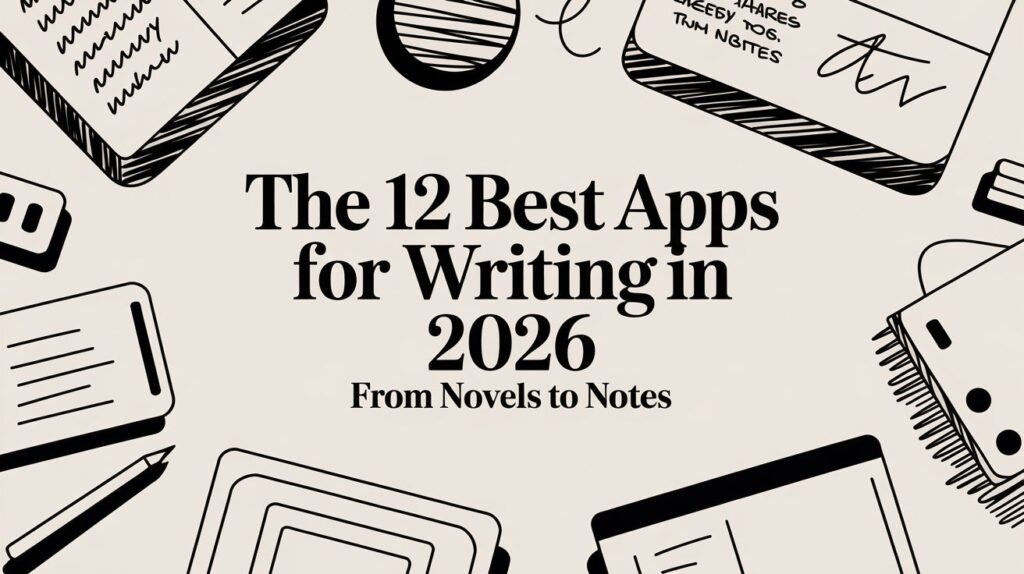
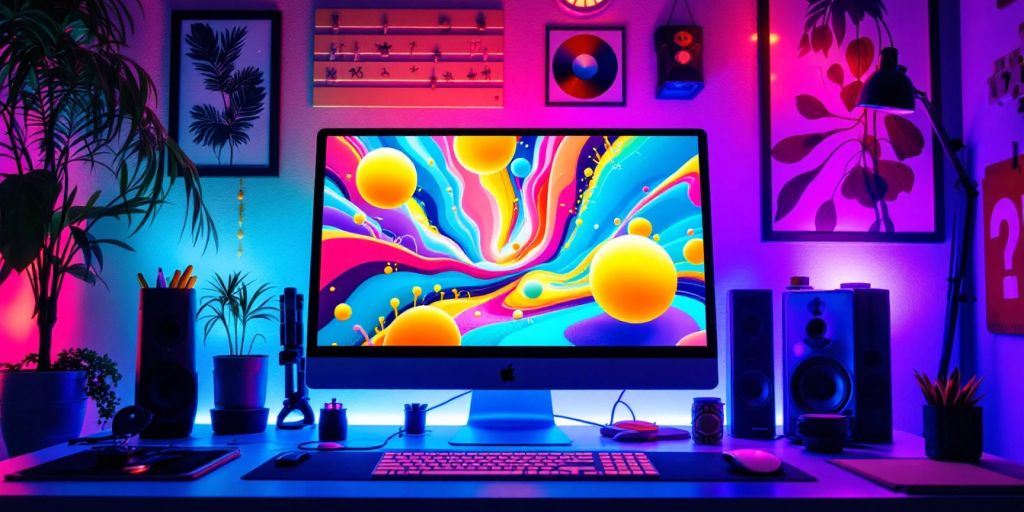
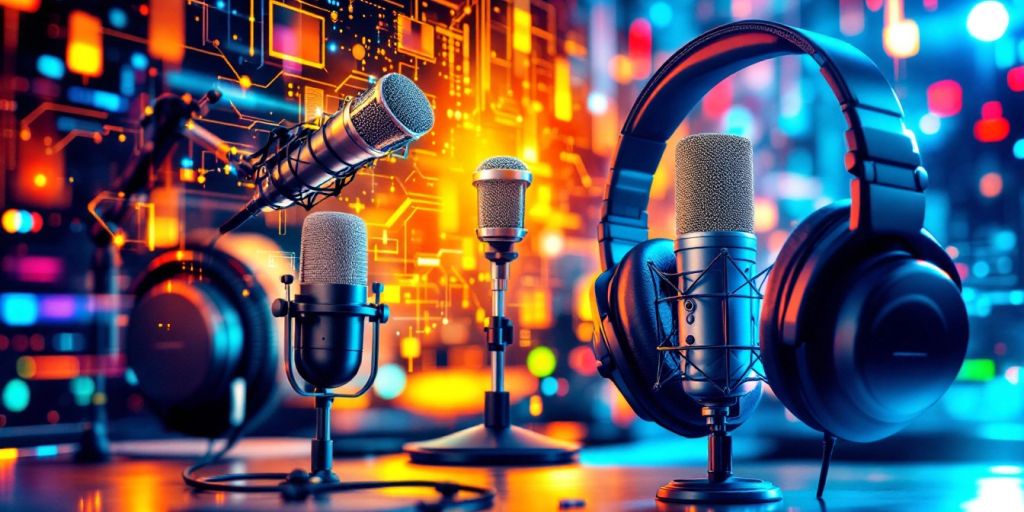
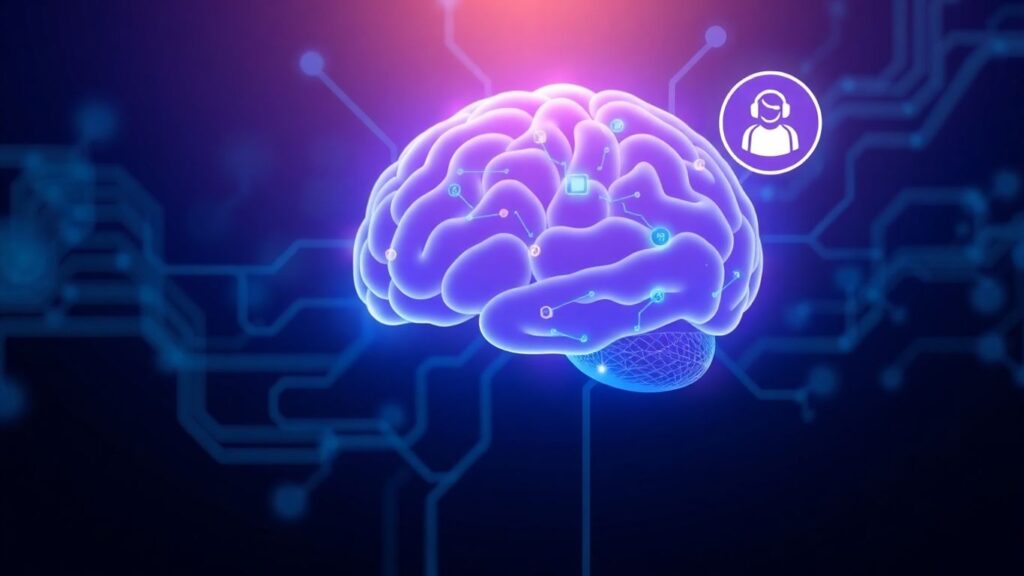

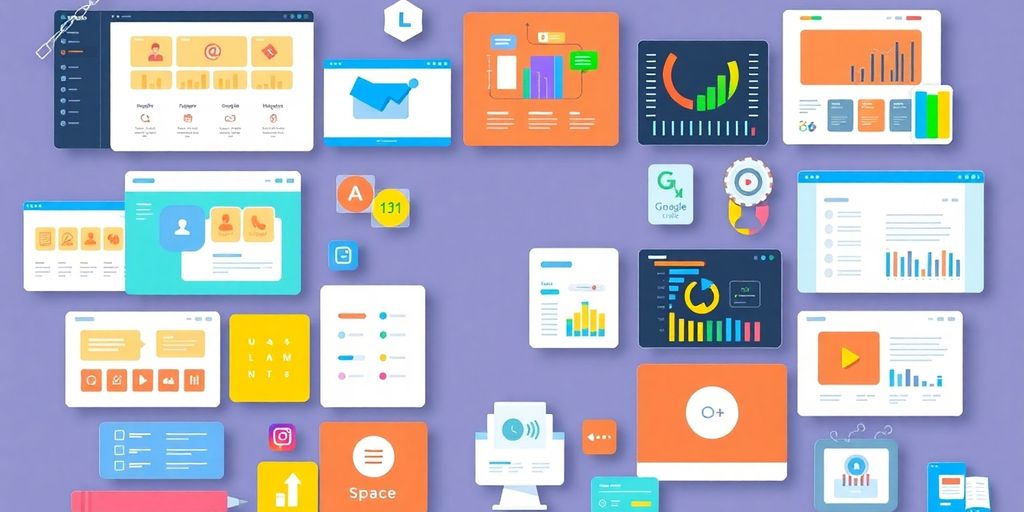
Responses